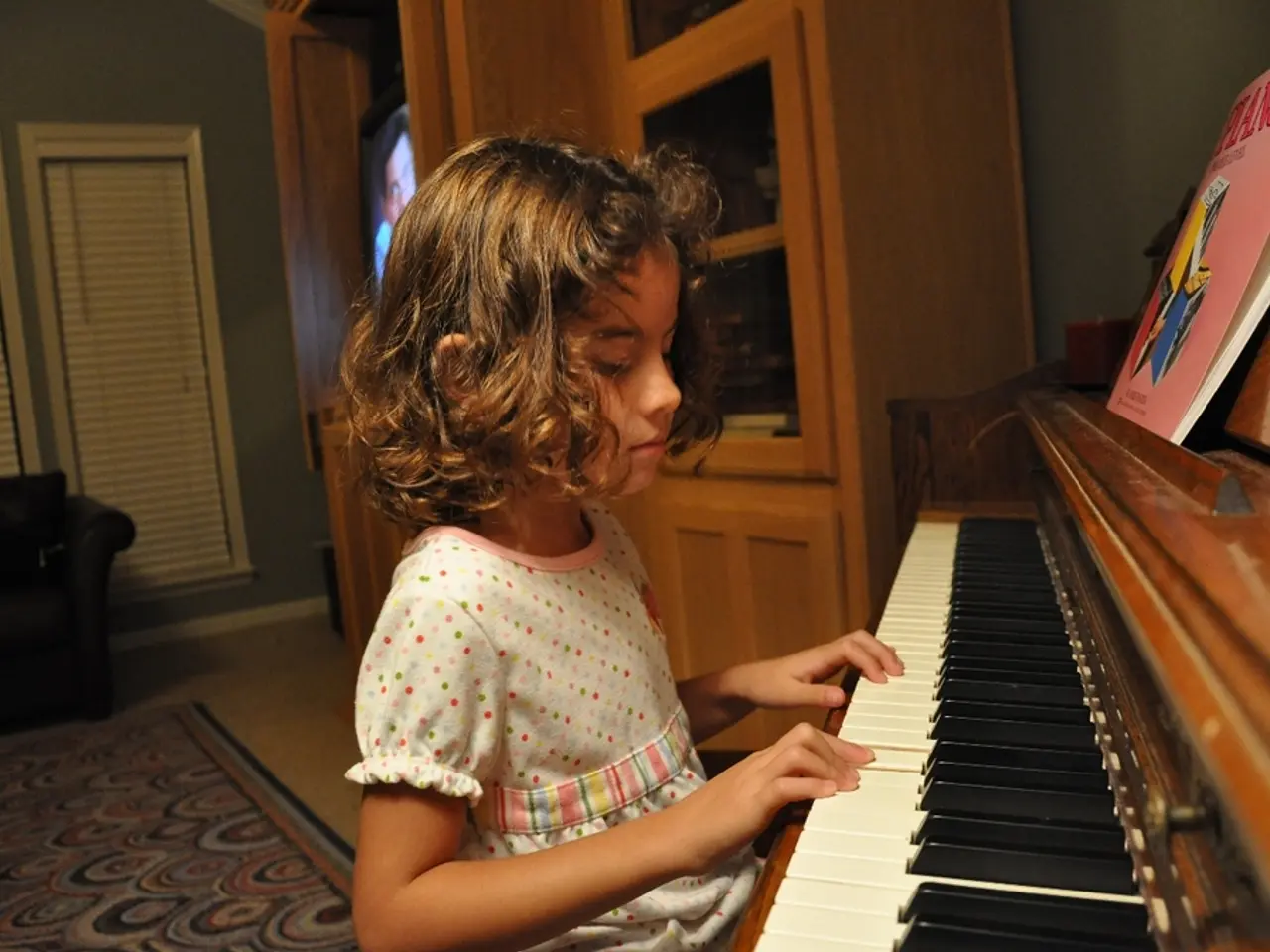Developing a Supportive Math Robot to Nurture Tenacity: A Preliminary Research
In an innovative approach to enhance the learning experience of children, a study is underway to integrate a robotic companion into the math problem-solving process. The focus of this research is on the interaction design of a robotic companion, exploring its potential to assist teachers in busy classrooms during math problem-solving.
The goal is to create a robot that can understand, interpret, and respond to children's emotions and affective behaviors in real time. This robot aims to support motivation and sustained effort, crucial for mathematical perseverance, by providing emotionally intelligent feedback and socially aware interactions.
Advances in AI, machine learning, and natural language processing are enabling these robots to recognize affective states, such as frustration or confusion, in children and respond appropriately to encourage persistence rather than giving up.
Qualitative studies show a generally positive attitude from teachers and students towards social robots, highlighting their potential to engage students in collaborative learning and problem-solving activities. Social robots are being explored as tools not only to deliver content but to scaffold students' emotional regulation and perseverance during challenging tasks, such as math problems.
Courses like "Humanizing Social Robots" are preparing engineers and educators to design robots that can fit ethically and effectively within classroom dynamics, especially in STEM/STEAM contexts. In elementary classrooms, robots are integrated into project-based learning units that encourage inquiry, reflection, and resilience, indirectly supporting perseverance by making abstract concepts more concrete and socially engaging.
Ongoing systematic reviews emphasize that while physical and emotional realism in robots have improved, there remains a need for longitudinal studies to confirm actual improvements in mathematical perseverance stemming from robot interactions.
In summary, current research and development suggest that affect-sensitive social robots can assist teachers by recognizing and responding to children's emotional states during math problem-solving, thereby fostering a climate that encourages perseverance and engagement. However, concrete evidence of impact on long-term learning outcomes is still emerging, and thoughtful ethical integration into classrooms is essential.
Artificial-intelligence and technology are being utilized to develop robots that not only aid in education-and-self-development, particularly in math learning, but also offer emotional support, fostering motivation and perseverance. Such robots are designed to understand children's emotional states through machine learning and provide feedback tailored to these states, thereby promoting a conducive learning environment.




